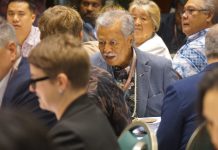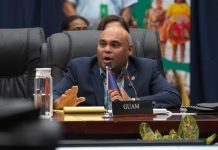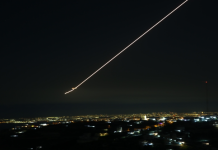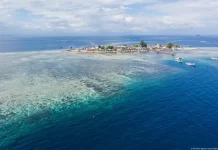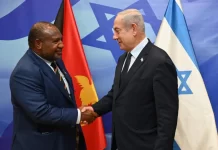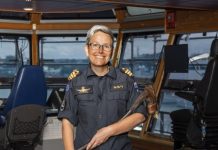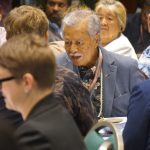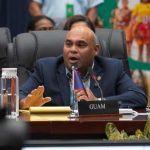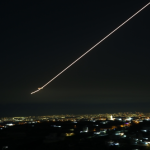Children in five Pacific Island countries are facing increasing levels of physical, sexual, emotional, and online violence at home, school and their communities, according to new research from Save the Children.
Released today, Save the Children’s ‘Pacific Regional Child Protection Situational Analysis’ shows child protection risks have increased for children in Fiji, Solomon Islands, Vanuatu, Papua New Guinea and Tonga over the past five years due to COVID-19, increased migration, climate change, and digital connectivity.
About 150 children aged 8-16 participated in focus group discussions, alongside 150 caregivers across five Pacific Island countries – Fiji, Solomon Islands, Vanuatu, Papua New Guinea and Tonga. The research included group and child-led discussions and surveys.
More than 80 percent of the 110 child protection professionals surveyed in Vanuatu, Papua New Guinea, Solomon Islands, Tonga and Fiji said emotional, physical and sexual violence had increased or significantly increased in their country. Children also shared that violence has increased in the past five years since before the COVID-19 pandemic.
Supported by Aotearoa New Zealand’s International Development Cooperation Programme — Ngā Hoe Tuputupu-mai-tawhiti – the research was designed by the team at Nossal Institute for Global Health, School of Population and Global Health, the University of Melbourne and Macquarie University, with input from in-country researchers and Save the Children staff.
Forms of violence experienced by children in the five pacific island countries studied include family violence, physical violence, neglect, sexual violence and intimate partner violence at home.
While at school or on the way to school, children also reported experiencing corporal and humiliating punishment, bullying, or insults. Child marriage, labour trafficking, and sexual abuse can also take place in some communities, while online, digital harm such as cyber bullying and exposure to indecent material and pornography is increasing, the study found.
One child protection worker said:“There was a recent referral of a 14-year-old boy who, on his way to school, decided to take a shortcut and there were men drinking and they raped him. We are telling parents to look after their boys and girls, not just girls.”
Children and caregivers alike said that the subject of violence against children was often seen as “taboo”, with one child in Papua New Guinea saying they “feel scared to [report] because our mother and father will belt us”.
Children also identified serious concerns around online safety, including encountering inappropriate content, and cyberbullying leading to emotional harm and even suicide.
75 percent of the world’s children experience violence. Violence takes many forms, including physical and emotional abuse, sexual abuse and exploitation, and neglect or deliberate deprivation. Growing up with violence, and the threat of violence, can lead to life-long physical, emotional, and mental health problems.
Save the Children New Zealand Advocacy and Research Director Jacqui Southey said while the report shows progress has been made in legislative and policy reform to improve child protection, implementation is challenging, due to under-resourcing, shortages in the number and quality of skilled social workers across child protection services, and deeply entrenched social norms and beliefs that reinforce harmful behaviours and power imbalances.
“The research shows the deeply entrenched and pervasive nature of violence against children across many Pacific countries. But it also points to ways in which we can do better for children.”
Save the Children is calling for governments across the region to continue to show leadership in ending violence against children by urgently prioritising relevant legislative and policy reform, such as raising the age of marriage in Papua New Guinea and Solomon Islands and increasing long-term financing in the child protection system.
The child rights organisation is also calling on partner governments, such as New Zealand and Australia, civil society organisations and donors to provide long-term support and funding for locally-led initiatives that provide solutions at all levels to eliminate violence against children.
Save the Children has been working in the Pacific region for more than 50 years and has offices and programmes in Fiji, Papua New Guinea, Vanuatu, Solomon Islands and Tonga. We work with governments, local partners and communities to deliver child protection, healthcare, education, disaster risk reduction and climate resilience programmes.


